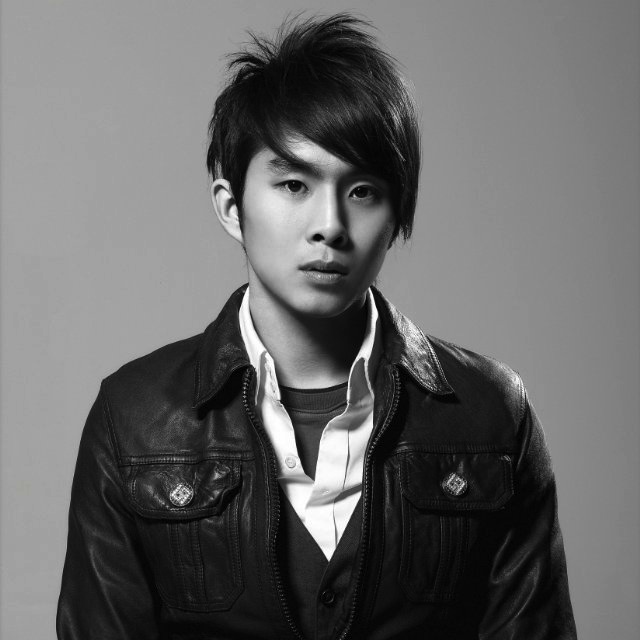By Jimmy Lee
Last month, the much-hyped Gustavo Dudamel began his tenure as the Los Angeles Philharmonic’s music director, at the ripe age of 28, to the roar of wowed audiences. Along with the buzz of the Dude’s debut, heard within the majestic confines of the Walt Disney Concert Hall during the Venezuelan conductor’s premiere weekend program were the haunting, ethereal tones emanating from a Chinese mouth organ called a sheng. The ovations earned over these three performances may have been for superstar Dudamel and sheng virtuoso Wu Wei, but the notes they brought to life belonged exclusively to Unsuk Chin.
The South Korean-born composer’s concerto for sheng and orchestra, titled Su, comprised the entire first half of the concert. “[Dudamel] told me he likes my piece very much, so I was very pleased,” said Chin, 48.
The reception Chin got from another classical music luminary was far different some 24 years earlier. After studying composition at Seoul National University and winning international contests, she earned a grant to study in Germany in 1985, with György Ligeti. The renowned Austrian composer told her, in effect, to throw away her award-winning pieces. “He destroyed everything,” said Chin. “It was a very tough time. I learned, and I’m still learning, from his lessons.”
Like Ligeti, she has won the prestigious Grawemeyer Award, and her compositions—which have been described as modern, yet lyrical—have been performed in Europe, Asia and North America. Her opera Alice in Wonderland, which premiered in Munich in 2007, was named “World Premiere of the Year” by a group of opera critics. Chin sat down with KoreAm the day before Su made its U.S. premiere Oct. 9 to talk about her path to the world stage.
What’s it like for you to listen to the orchestra as it rehearses your composition for its premiere?
It’s a very strange feeling. You wrote the score, but you haven’t heard the sounds. And when you hear it the first time, the feeling is amazing. But at the same time, it’s very strange, as if you were standing naked somewhere. And sometimes it’s very tough, if things don’t work as you would want.
What drew you to music?
I wanted to become a pianist when I was a child. Piano playing for me was very natural. My father was a Presbyterian minister, so he taught me a little bit, but just a little bit. And we were in Korea in the ’60s, so we were all very poor, and my parents had no possibility to support me. So I learned piano playing myself. And when I was 13, I decided to become a composer because I thought it would be cheaper than being a pianist (laughs).
That’s a big leap to make for a 13-year-old, going from performing to thinking about putting notes to paper. At that time I didn’t compose any pieces; I just heard a lot of music and learned musical theory. My first piece, I wrote at [Seoul National University], very late.
If you had the choice, would you have stuck with the piano?
Yeah. I feel if I were a pianist, maybe I would be happier (laughs). Being a composer, it is still for me a second choice.
Do you compose on a piano?
No, never. Just on paper.
What inspires you now?
Everything. I hear a lot of music; new music and traditional music from different countries.
All your earlier compositions were based on Western musical traditions. What led you to choose the sheng for a new concerto?
In Korea, we also have a sheng, the saenghwang. It is the only instrument from traditional music that I admire; I love this instrument. I heard the sound when I was a child, and I always dreamed of composing a piece for this instrument. Then several years ago, I met [Wu Wei] in Berlin.
The first time I heard his playing, I was just shocked, it was so amazing. Immediately, for him I composed this piece. It’s the first piece in my work list for a non-European instrument. Now I’ll slowly start to think about composing more pieces for Korean traditional instruments. But I need a lot of time.









